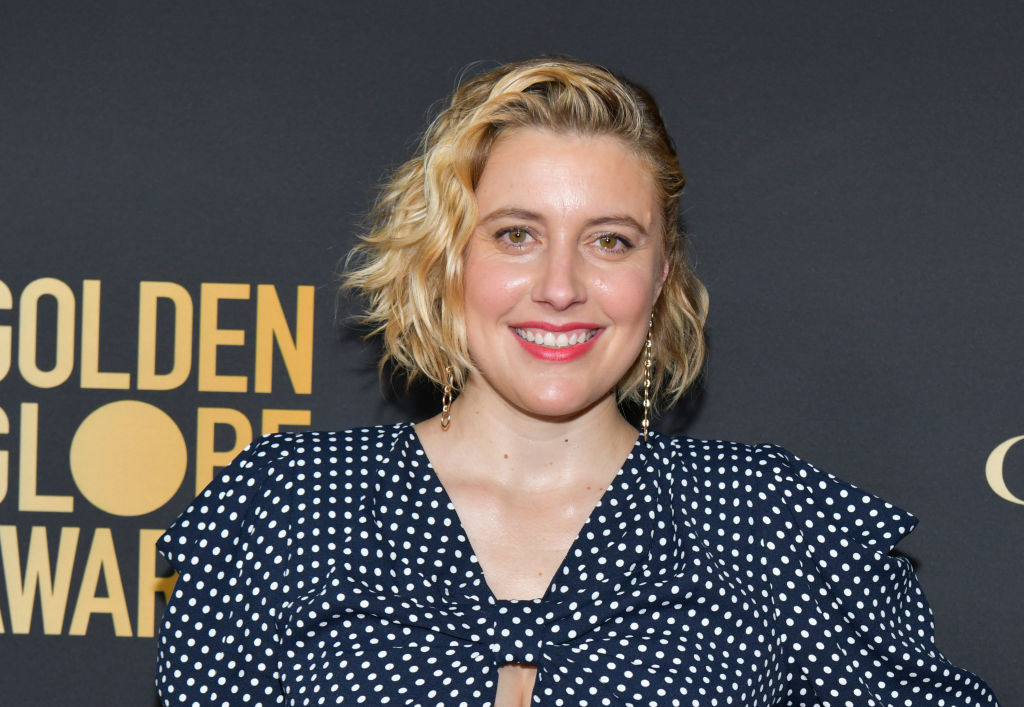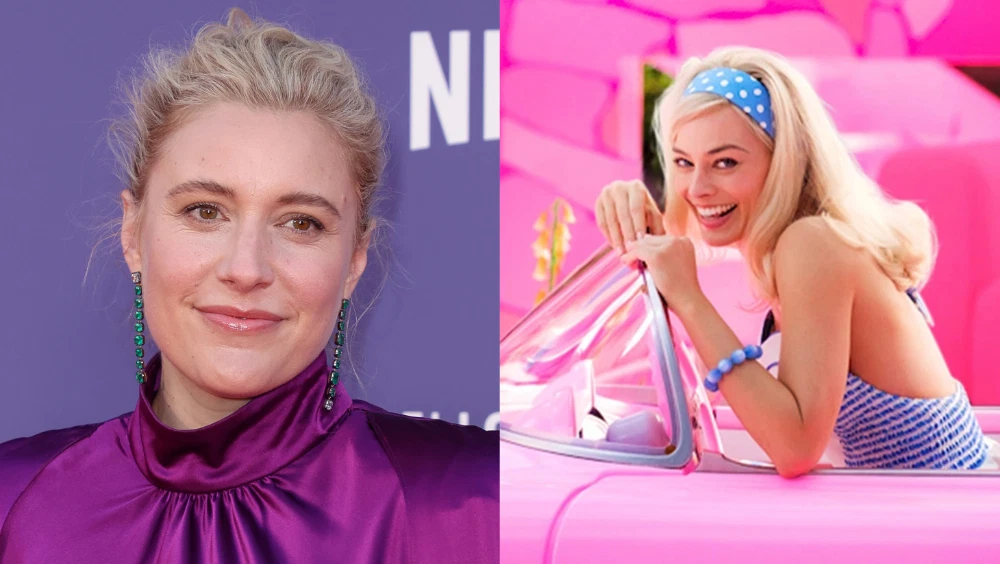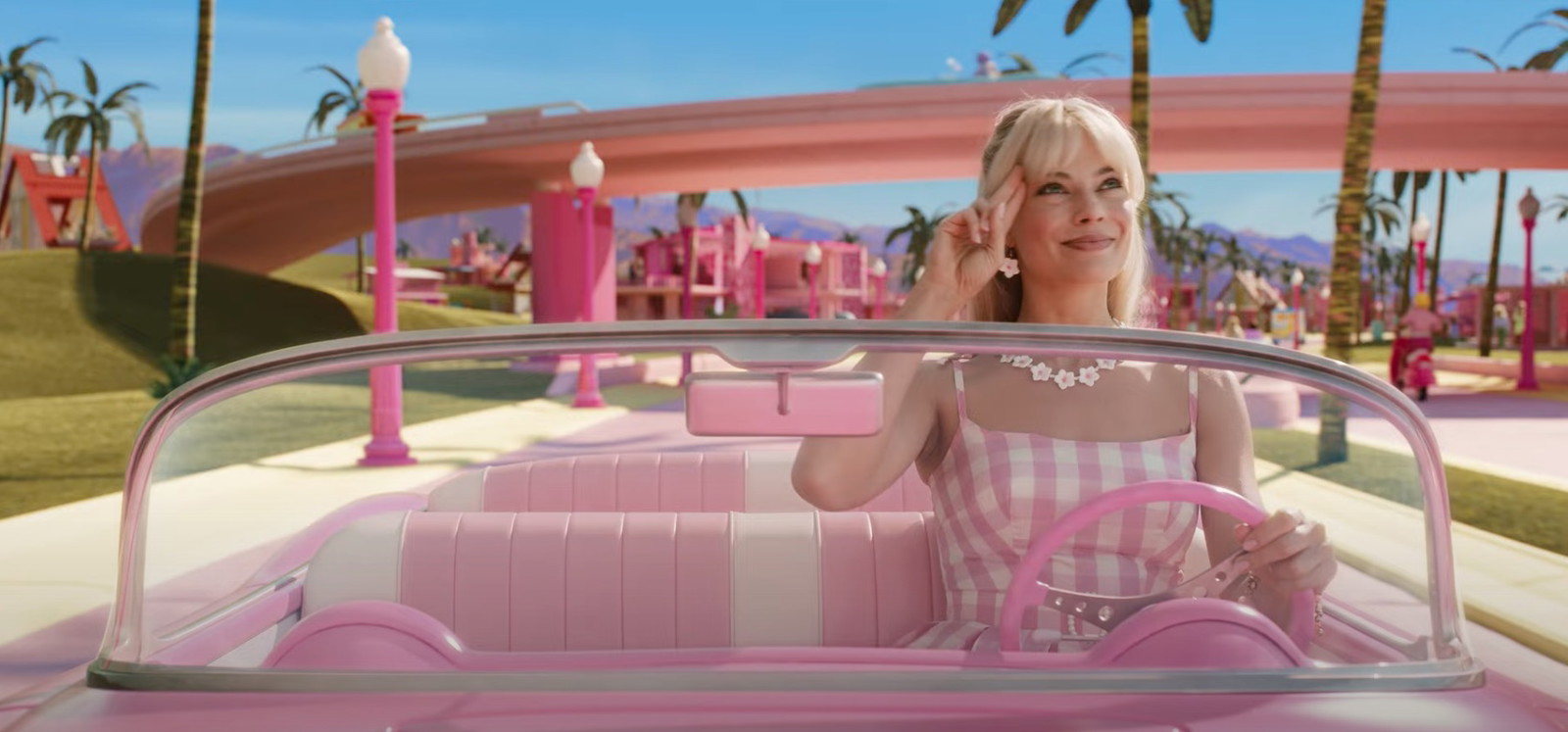Greta Gerwig, a remarkable visionary in the film industry, has captivated audiences and critics alike with her unmatched narrative and imaginative directing. However, the world of filmmaking is no stranger to the clash between artistic vision and commercial constraints. Recently, this complex dynamic was demonstrated when the director of the Margot Robbie-led Barbie movie bravely rejected studio demands and fought for creative authenticity.

The 39-year-old determination reflects the challenges faced by filmmakers who strive to maintain their creative integrity in the face of external demands.
Greta Gerwig Protected The Crucial Barbie Scene From Deletion
In the dynamic world of filmmaking, the clash between artistic integrity and studio pressures presents formidable challenges.
Greta Gerwig’s latest film, Barbie, now gracing theaters nationwide, encountered a critical moment that nearly faced the cutting room floor due to studio suggestions.

In various pre-release interviews, Gerwig disclosed that executives had proposed removing the scene where Barbie (played by Margot Robbie) encounters an elderly woman on a bench, exchanging heartfelt words.
This seemingly insignificant interaction, featuring the esteemed costume designer Ann Roth, holds profound meaning for the filmmaker. Despite suggestions that its omission would not alter the story, Gerwig passionately defended its presence. She shared with the media,
“To me, this is the heart of the movie. If I cut that scene, I don’t know why I’m making this movie. If I don’t have that scene, I don’t know what it is or what I’ve done.”
Her unyielding commitment to preserving the scene stands as proof of her unwavering dedication to creative vision and the intrinsic importance she places on each aspect of her craft.
Why Is The Protected Scene By The Director Important For The Film?
The crucial scenes within a film hold immense significance, acting as pivotal moments that enrich the narrative and reflect the director’s unwavering commitment to their vision.
In the case of Gerwig’s Barbie, a particular scene involving an elderly woman might seem disconnected from the plot, but its importance lies in its profound impact on Barbie’s perception of the real world beyond Barbieland’s utopia.

For the artist, this scene embodies the idea of a loving and nurturing presence, akin to a mother or grandmother, offering reassurance and grace. The actress revealed in the previous interview,
“The idea of a loving God who’s a mother, a grandmother — who looks at you and says, Honey, you’re doing ok — is something I feel like I need and I wanted to give to other people.”
Despite studio pressure to remove it, the director believed it was essential to convey this emotional transaction to both characters and audiences.
The protection of such crucial scenes underscores the vital role of artistic integrity and its lasting effect on the final cinematic masterpiece, solidifying it as a defining element within a director’s visionary work.
Source: Twitter

